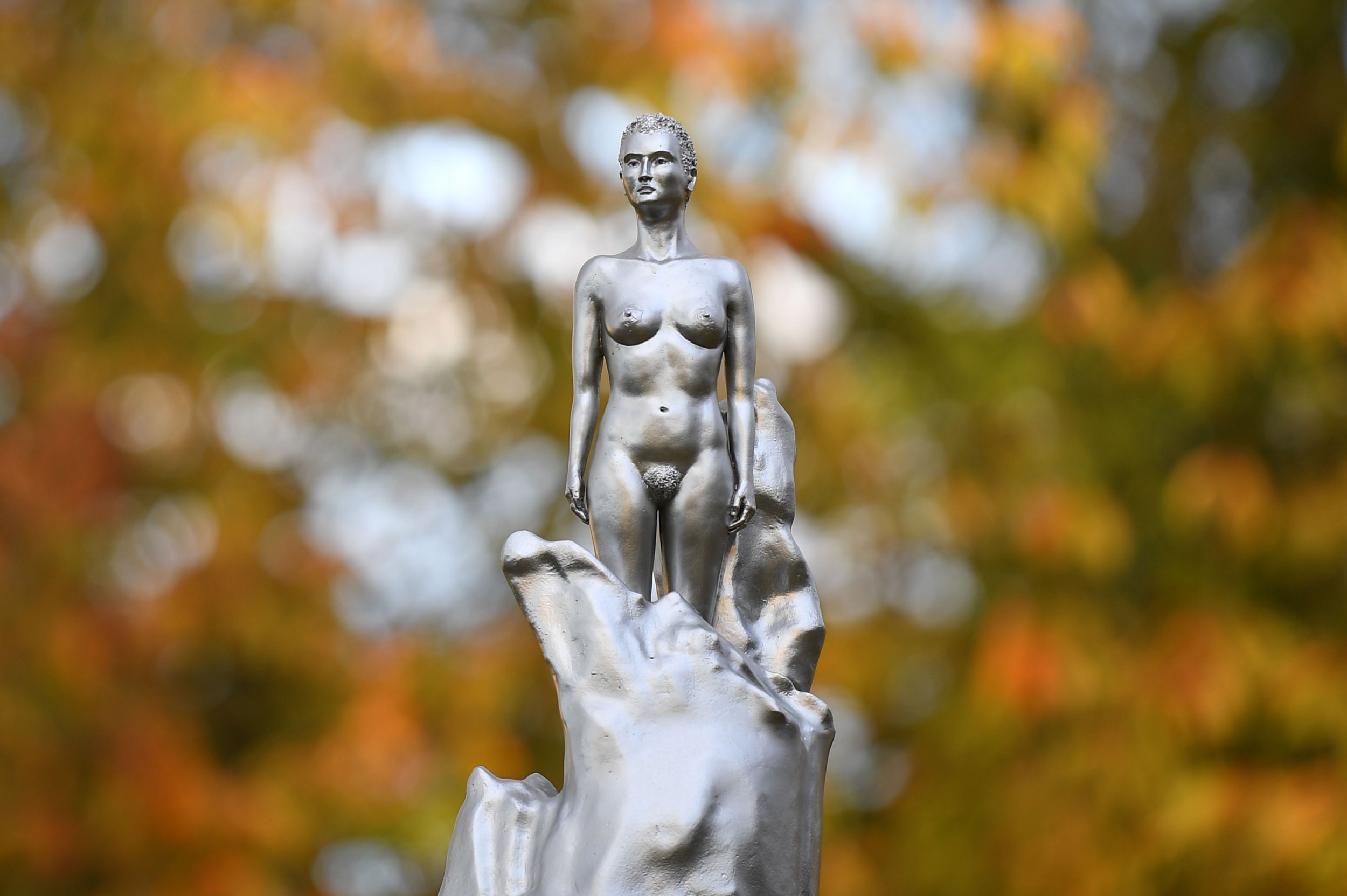
Maggi Hambling Defends Nude Mary Wollstonecraft Statue
Maggi Hambling, the artist behind the controversial Mary Wollstonecraft statue, has defended her work. Last month, the artist made headlines after her nude sculpture of the feminist icon Wollstonecraft was unveiled in London.
“Nameless, nude, and conventionally attractive is the only way women have ever been acceptable in public sculpture. This was a chance to break from those conventions, no?” tweeted one critic.
In an interview with The Guardian, Hambling defended her decision to depict the “mother of feminism” as a naked woman, saying: “Oh, but there are plenty of schlongs honouring men in art.” She added: “The figure had to be nude because clothes define people. Put someone in country tweeds and they become horsey. Put someone in period dress and they become part of history. I didn’t want to do that to her.”
On whether she would have done the statue differently had she known the uproar it would cause, Hambling said: “No. I couldn’t. I’m not in control of what I do. The subject speaks through me when I work.”
Wollstonecraft was an early pioneer of human rights. Her book, A Vindication of the Rights of Woman, published in 1792, called for gender equality a century ahead of the suffragettes.

